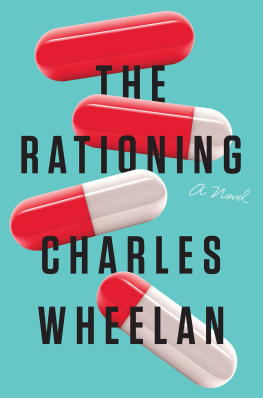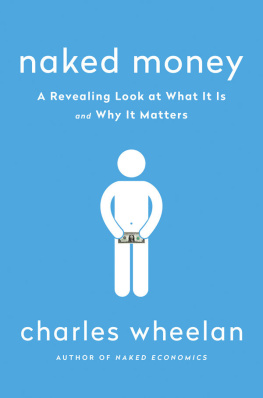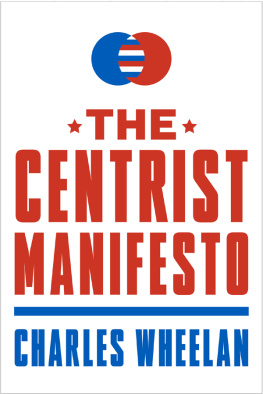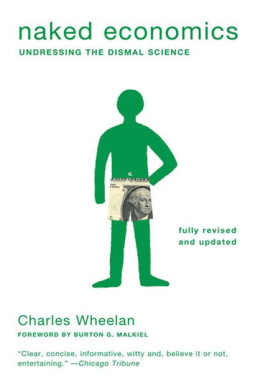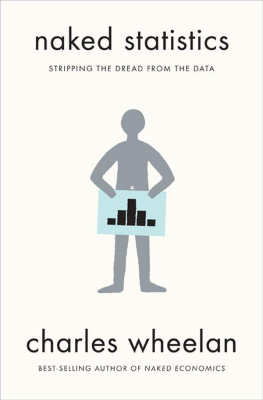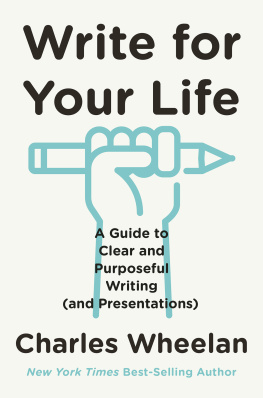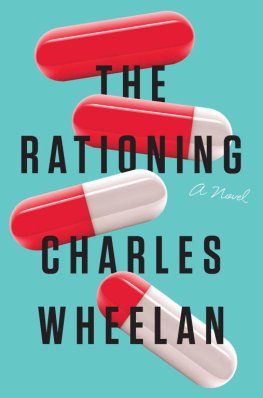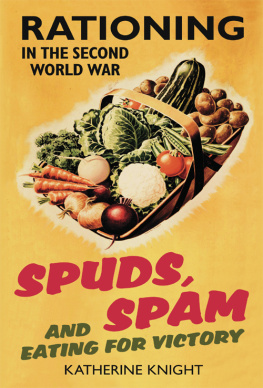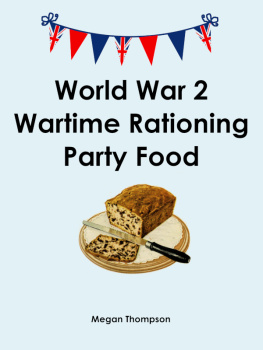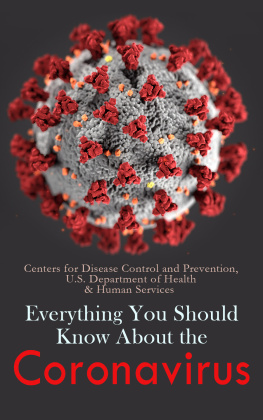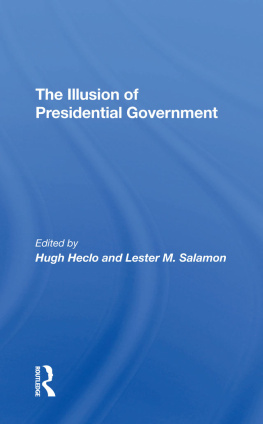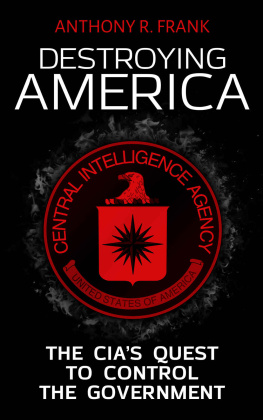Contents
Guide

ALSO BY
CHARLES WHEELAN
Naked Money: A Revealing Look at Our Financial System
Naked Statistics: Stripping the Dread from the Data
The Centrist Manifesto
10 Things No Commencement Speaker Has Ever Said
Revealing Chicago: An Aerial Portrait (with Terry Evans)
Naked Economics: Undressing the Dismal Science
The
Rationing
A NOVEL
Charles
Wheelan

This is a work of fiction. Names, characters, places, and incidents are the products of the authors imagination or are used fictitiously. Any resemblance to actual events, locales, or persons, living or dead, is entirely coincidental.
Copyright 2019 by Charles Wheelan
All rights reserved
First Edition
For information about permission to reproduce selections from this book, write to Permissions, W. W. Norton & Company, Inc., 500 Fifth Avenue, New York, NY 10110
For information about special discounts for bulk purchases, please contact W. W. Norton Special Sales at specialsales@wwnorton.com or 800-233-4830
Book design by Barbara Bachman
Production manager: Julia Druskin
The Library of Congress has cataloged the printed edition as follows:
Names: Wheelan, Charles J., author.
Title: The rationing : a novel / Charles Wheelan.
Description: First edition. | New York : W. W. Norton & Company, [2019]
Identifiers: LCCN 2018054654 | ISBN 9781324001485 (hardcover)
Subjects: LCSH: Political fiction.
Classification: LCC PS3623.H429 R38 2019 | DDC 813/.6dc23
LC record available at https://lccn.loc.gov/2018054654
ISBN 9781324001492 (eBook)
W. W. Norton & Company, Inc., 500 Fifth Avenue, New York, N.Y. 10110
www.wwnorton.com
W. W. Norton & Company Ltd., 15 Carlisle Street, London W1D 3BS
For the Americans who
died during the Outbreak.
Contents


T HIS BOOK IS COMPILED PRIMARILY FROM MY RECOLLECTIONS . I took notes in most of the important meetings. I kept a journal on those rare evenings when I had enough energy after leaving the White House to pen a few lines before collapsing into bed. To be honest, though, most of the salient events are so firmly implanted in my memory that they were not terribly hard to recall in vivid detail. As a scientist, I recognize that the mind can play tricks. Whenever possible I have verified my recollection of events with the principals who were in the room. My notes were helpful in reminding me of the exact sequencing of events. During our long, contentious, often meandering meetings, I made a habit of writing down who said what, sometimes quoting them directly.
I took detailed notes because it was obvious that we were all spectators to history. Taking notes also passed the time and helped ease my frustration. (I noticed that the Secretary of Defense was a chronic doodler; somewhere in the archives there must be hundreds of drawings of buff soldiers operating impressive armaments.) The point is that I was able to reconstruct the dialogue for this book, not always word-for-word, but close enough to evoke the spirit of the conversations.
For some of the public reaction outside of the Beltway, I have drawn heavily on Gregg Brockways series of articles in Vanity Fair that have rightfully become the definitive contemporaneous account of the nations reaction to what will forever be known as the Outbreak. Experts and historians will be parsing documents for decades, but no one will ever match Brockways reportorial eye. While the nation arguably lost its collective mind, Brockway captured the extraordinary details that will forever illustrate popular reaction to the crisis, from Hollywood to Wall Street to some of the most obscure hamlets in Appalachia. We all knew that we were living something scary and extraordinary; Brockway was the guy writing it down.
For the meetings I did not attend, I have either interviewed the principals or drawn on their published memoirs. In cases where recollections differ, or where there are gaps in the public record, I have used my firsthand knowledge of the people and their personalities to infer what most likely happened. I have made use of some contemporaneous news coverage. These sources are generally cited in the text. However, I feel compelled to point out that a shockingly high proportion of the news coverage at the time was inaccuratenot incomplete, or misleading, or oversimplified, but just plain wrong. As my story will tell, we in the White House were partially responsible for creating the information vacuum that allowed this kind of misinformation to take root. Still, that should not give anyone, particularly the New York Times and the Washington Post USA Today , the right to fill that vacuum with news that was not even tenuously connected to the truth. Many of the alternative news sources, with a few notable exceptions, were worse than that.
The publication of this book was delayed by nearly eighteen months of legal wrangling, as my lawyers did battle with various parties, including the U.S. government. (I often worked through disagreements with my own lawyers over what it would be prudent for me to reveal.) In that time, two fortuitous things happened. First, the Outbreak Inquiry Commissionthe body created by Congress to investigate the crisis from start to finishreleased its report, including material from closed-door hearings that had never before been made public. Second, WikiLeaks produced a huge trove of State Department documents covering this period, giving me remarkable access to the diplomatic wrangling behind the scenes. I do not condone such leaks; I can say that in this instance they have enabled me to tell a more complete story.
This is not the first book on the Outbreak. It is the most accurate. I am not a brilliant writer, but I am a scientist who happened to be in the right place at the right time (or the wrong place at the wrong time, depending on your perspective). I was in nearly every important science-related meeting at the White House during the crisis and in many of the political ones, too. In fact, I had greater access to the full scope of events than the President, since he was often consumed by other affairs of state and generally did not participate in the scientific meetings.
I am not writing to settle scores. I am not writing to burnish my leadership credentials or to make myself viable for the Iowa caucuses. (Yes, that is why some of the other books were written, and it explains why they were so ridiculously inaccurate and self-serving.) I was there. I understood the science. I watched our political process deal with an unprecedented crisis. This is what happened. It is not my story; it is our story.

W AREHOUSE 61 IS AT THE END OF A LOADING DOCK in the Port of Long Beach. Sometime between midnight and two a.m. on March 21, it caught fire. For reasons that may never be clear (given that it was a very warm night), a homeless man had set a small blaze in an oil drum near the truck entrance to Warehouse 61. The fire somehow spread to a pool of motor oil, setting ablaze the warehouse and several small maintenance buildings. No one was injured except for the homeless man, who was treated for burns at a Los Angeles hospital. The Long Beach Fire Department responded and put out the fire after several hours.

